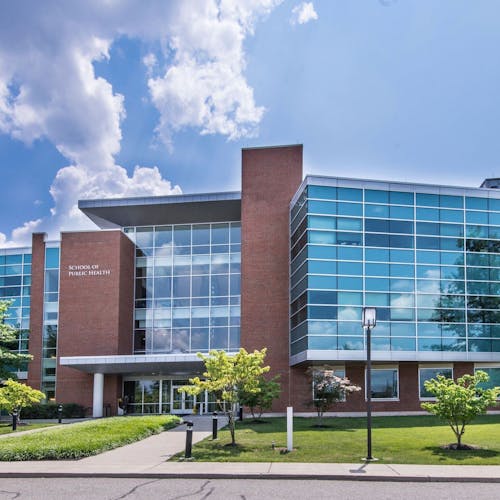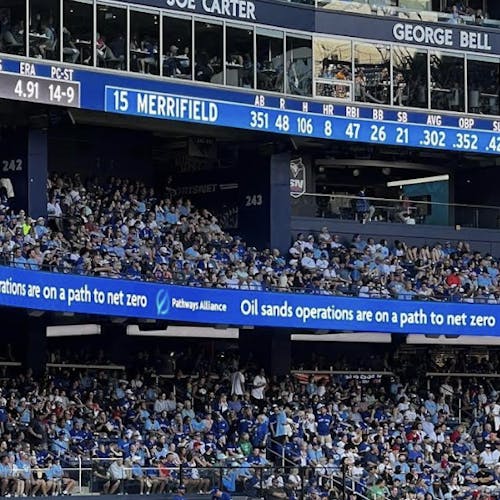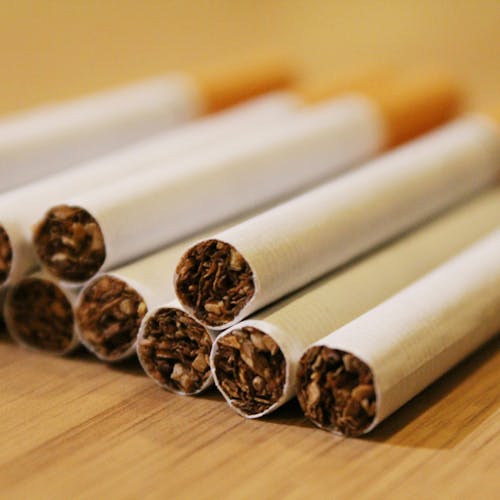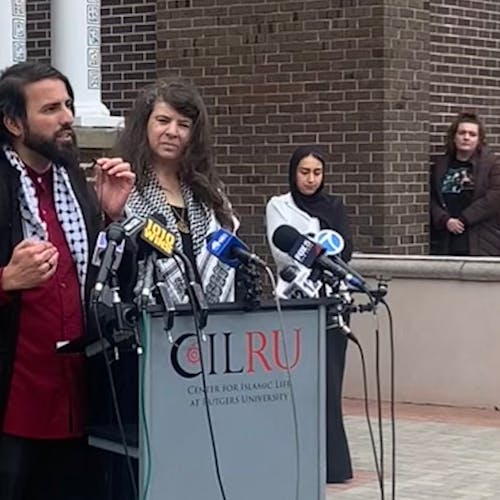Murphy closes all nonessential businesses in NJ due to coronavirus, tells residents to stay at home

Gov. Phil Murphy (D-N.J.) issued an executive order stating all nonessential businesses in New Jersey must close due to the coronavirus disease (COVID-19) outbreak. All residents should avoid nonessential travel and stay home, Murphy said on Saturday at a press conference.
The order came along with Murphy's announcement of 442 new cases of COVID-19 and 5 more deaths, bringing New Jersey’s total to 1327 cases and 16 deaths.
He said he signed the executive order to increase social distancing, which can help slow the spread of COVID-19 and reduce the strain on healthcare workers.
“We must flatten the curve and ensure residents are practicing social distancing,” Murphy said. “As I have said before, we can no longer maintain a sense of ‘business as usual’ during this emergency.”
Murphy said beginning at 9 p.m. on Saturday, nonessential businesses must close and gatherings, such as weddings, in-person services or parties, will be suspended until further notice. He said businesses must have employees work from home when possible.
“Only businesses critical to our response may remain physically open to the public, and that is an increasingly limited list,” he said.
Establishments that sell food and drinks, such as grocery stores, convenience stores, food banks, restaurants or bars offering take-out options as well as liquor stores are permitted to operate, Murphy said. Stores with other specific goods, such as hardware stores, children’s supply stores, pet stores and office supply stores will also remain open.
Murphy said operations will continue at businesses that offer services such as gas stations, auto repair centers, laundromats, banks and mail stores, along with transportation, trucking, manufacturing and construction companies.
Medical establishments, such as pharmacies, medical supply stores and medical marijuana dispensaries will also remain open, Murphy said. State, county and local public health, safety and social services will be available for residents as well.
At Rutgers, this executive order means professors may be using classrooms to broadcast lessons, medical service providers and research lab workers will still be able to travel to campus for work, but physical libraries and computer labs must shut down, University President Robert L. Barchi said in a University-wide email. He said it is unlikely that these new measures will interfere with the University's remote instruction period beginning on Monday.
Murphy said residents are still permitted to go outside and take walks or go to the few stores that remain open, but urged caution when doing so.
“If you do go outside for these activities or head to the grocery store or some other essential place, we urge everyone — we are not only urging it, we’re ordering everyone — to continue practicing social distancing and to keep a safe, 6-foot distance between you and others,” Murphy said.
Murphy said if New Jersey residents are not working at an essential business, visiting an essential business or spending time outside, they must stay home.
Prior to this measure, Murphy announced a statewide curfew to discourage nonessential travel between 8 p.m. and 5 a.m., The Daily Targum previously reported. He said this new executive order is essentially a 24-hour extension of the curfew.
New Jersey State Police Colonel Patrick J. Callahan said all 21 counties have designated an assistant prosecutor to handle violations of the executive order, which could amount to disorderly conduct charges.
Murphy said he acknowledged the difficulties these measures could have on small businesses and their employees but said these measures are essential for public health.
“While the economic pain is significant now, we will save many lives, we’ll keep a lot more people healthy and, frankly, the economic pain related to what we’re doing will be a lot less consequential than had we let this virus run amuck,” Murphy said.
Employees who are out of work should contact the New Jersey Department of Labor to learn about other benefits they could receive, Murphy said.
As the state continues to take measures regarding social distancing, officials said they are working on securing the necessary resources to treat COVID-19, including testing equipment, hospital beds, ventilators and personal protection equipment.
Murphy said the state will likely need all critical care hospital beds currently available and is working to find solutions to expand the state’s healthcare system.
New Jersey Department of Health Commissioner Judith Persichilli said the Army Corps of Engineers will help set up field hospitals and largely focus on Southern New Jersey due to the lack of available hospital beds compared to the northern part of the state.
Murphy asked New Jersey residents who own vacation houses down the shore to avoid visiting because the healthcare infrastructure in the region is not prepared for an influx of residents.
In addition to the potential shortage in hospital beds, the state is struggling to acquire a sufficient amount of personal protection equipment for medical workers, Murphy said. The state is assessing current supplies within its own hospital system, seeking donations from the private sector and partnering with federal agencies.
Persichilli said the state is also working on acquiring more ventilators by surveying ventilator companies as well as long-term care acute hospitals and ambulatory surgery centers with extra equipment. She said each ventilator model is different, and the state is working with respiratory therapists to provide training for hospital workers on how different types of ventilators work.
To help the public navigate the ongoing pandemic, Murphy advised New Jersey residents to turn to the state’s new COVID-19 website. Director of the New Jersey Office of Homeland Security and Preparedness Jared M. Maples said there has been an increase in social media disinformation campaigns designed to cause public fear. Murphy and Maples said the public should only trust information from reputable sources, such as official government websites.
Murphy also said state unity is important when dealing with the outbreak and passed another executive order stating his prevention measures supersede any measures implemented by county or local officials.
Murphy said he does not know how long the state must undergo the COVID-19 prevention measures and said the stay-at-home order could last anywhere from weeks to months. He asked state residents to abide by the new executive orders and distance themselves from others for the sake of public health.
“This is no time for anyone to be acting selfishly and taking a gathering underground,” Murphy said. “But this is the time to think about your family, your friends, your neighbors and to do the right thing.”



